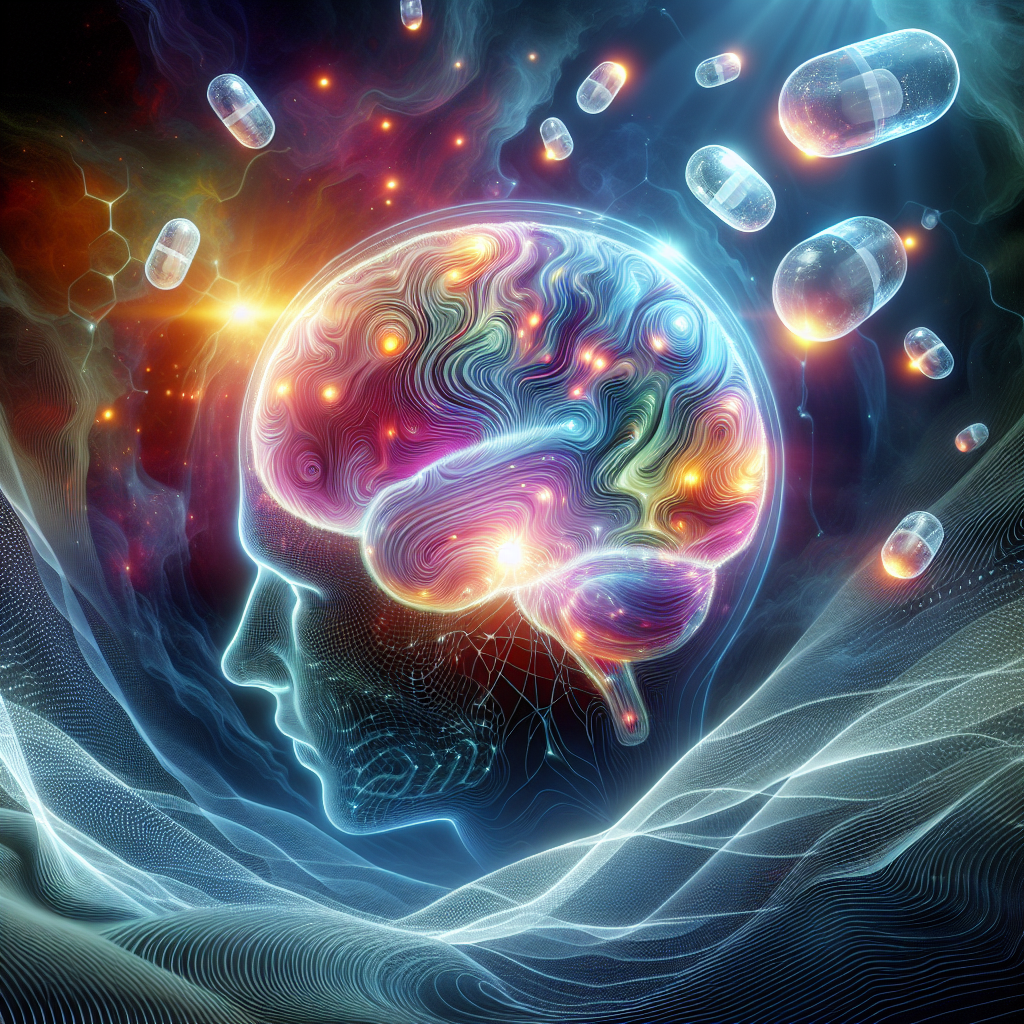Introduction: Tapping Into Brainwave Magic Imagine if simply believing in the power of a sugar pill could change the way your brain perceives pain. This isn’t a plot twist in a science fiction tale but a fascinating reality explored in the research paper, “Experimental Placebo Analgesia Changes Resting-State Alpha Oscillations”. The power of placebo analgesia—where […]
Tag: Bioassays and physiological analysis
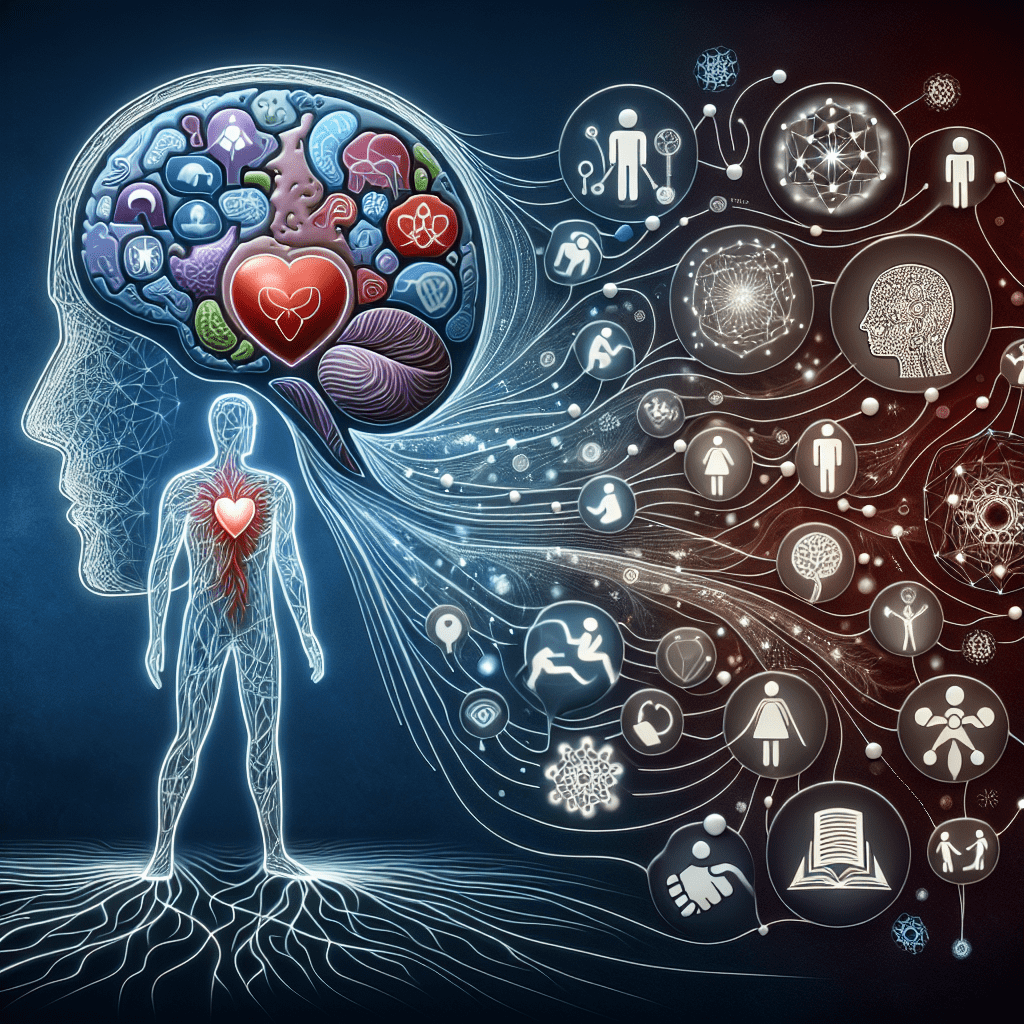
Bridging the Inner and Outer Worlds: How Our Bodies Influence Our Social Lives
Introduction Have you ever felt your heartbeat quicken when someone steps too close, or perhaps a sense of calm when surrounded by friends? It turns out that our body’s internal cues might have more influence on our social interactions than we realize. Welcome to the fascinating world of interoceptive sensitivity, where our ability to sense […]
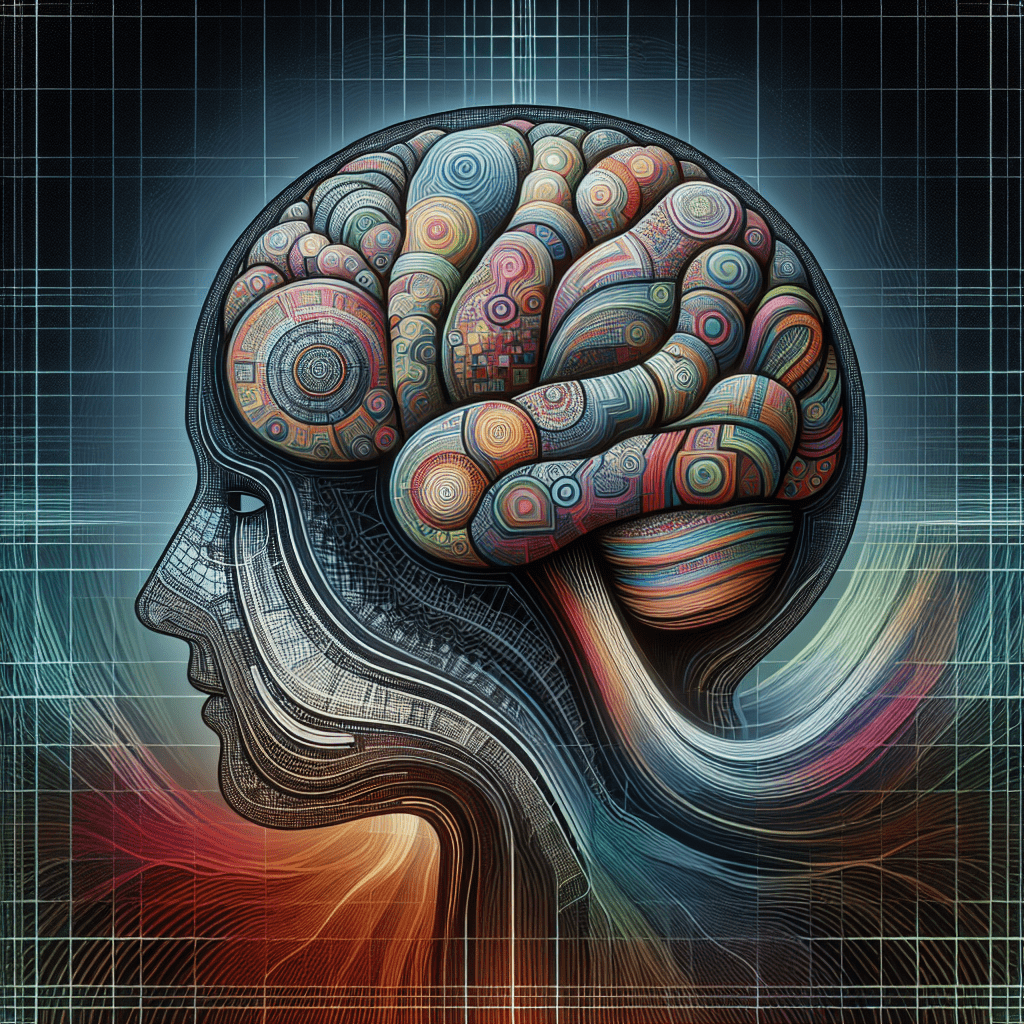
The Unseen Patterns of Connection: Exploring Brain Activity in Children with Autism**
Introduction: Peeking into the Complexity of Young Minds Imagine a bustling city where every district is connected by a network of roads. Some areas are teeming with activity, while others are more isolated but just as important. This vibrant network is like our brain, where various regions communicate continuously to perform complex tasks. But what […]
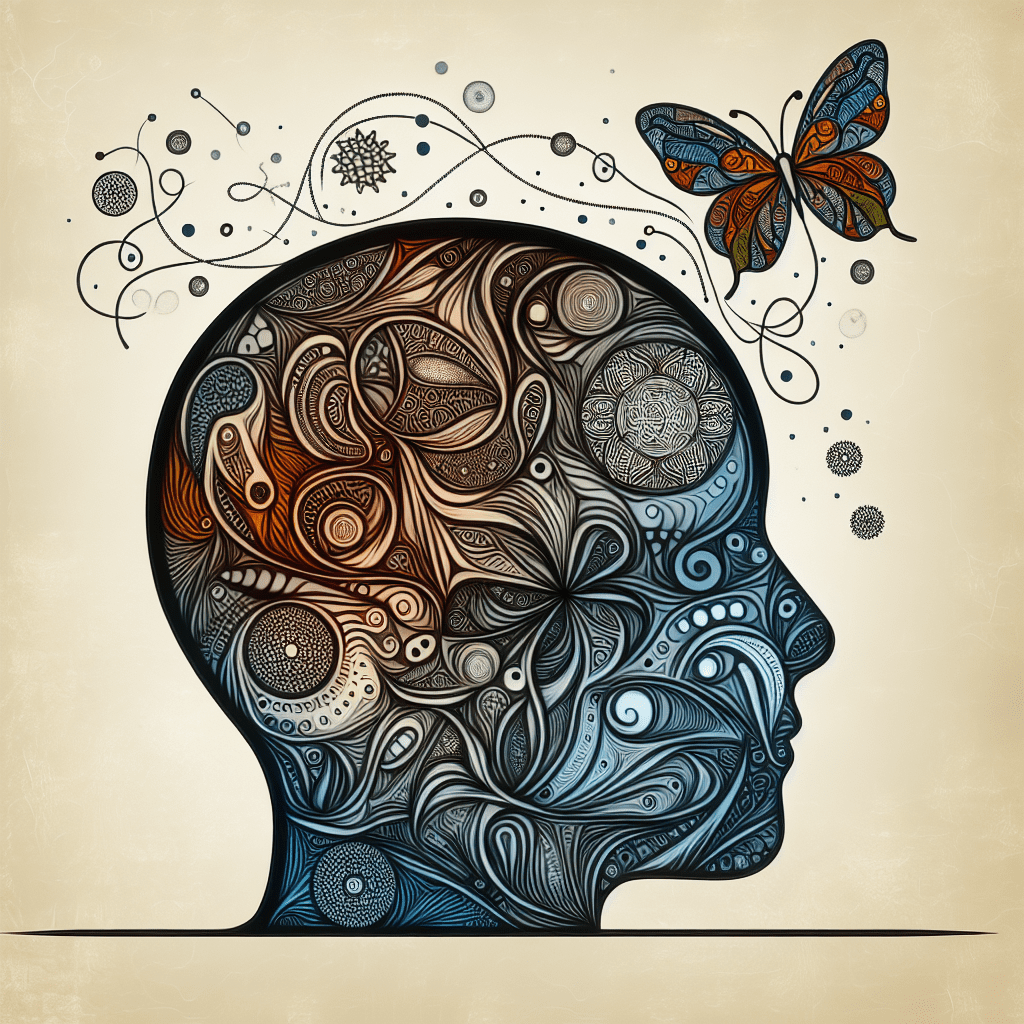
Understanding Teen Emotions: How Attachment Patterns Shape the Adolescent Brain
Introduction: Uncovering the Emotional Blueprint of Adolescence Picture this: You’re an adolescent going through one of the most whirlwind phases of life, where every emotion feels amplified. It’s like being on an emotional roller coaster with no brake pedal. Why do some teenagers seem to navigate this tumultuous journey of emotions with grace, while others […]

The Sound of the Mind: Exploring Auditory Sensitivity in Children with Autism Spectrum Disorder
Introduction: Tuning into the Unexpected Symphony Imagine walking through a bustling street, each sound amplified— the chirping of birds, car engines revving, and distant conversations merging into a cacophony. For some, this blend of sounds is simply ambient noise, easily filtered by the brain. But for others, especially children with Autism Spectrum Disorder (ASD), these […]

Decoding the Brain’s Whisper: Understanding Alzheimer’s and Cognitive Impairment**
Introduction: The Brain’s Whisper Imagine walking through a labyrinth where the walls shift and change with each turn—you think you know the path, but everything is unpredictably different. This might give you a slight sense of what millions face every day with Alzheimer’s Disease (AD) and Mild Cognitive Impairment (MCI). Both conditions resemble a shifting […]
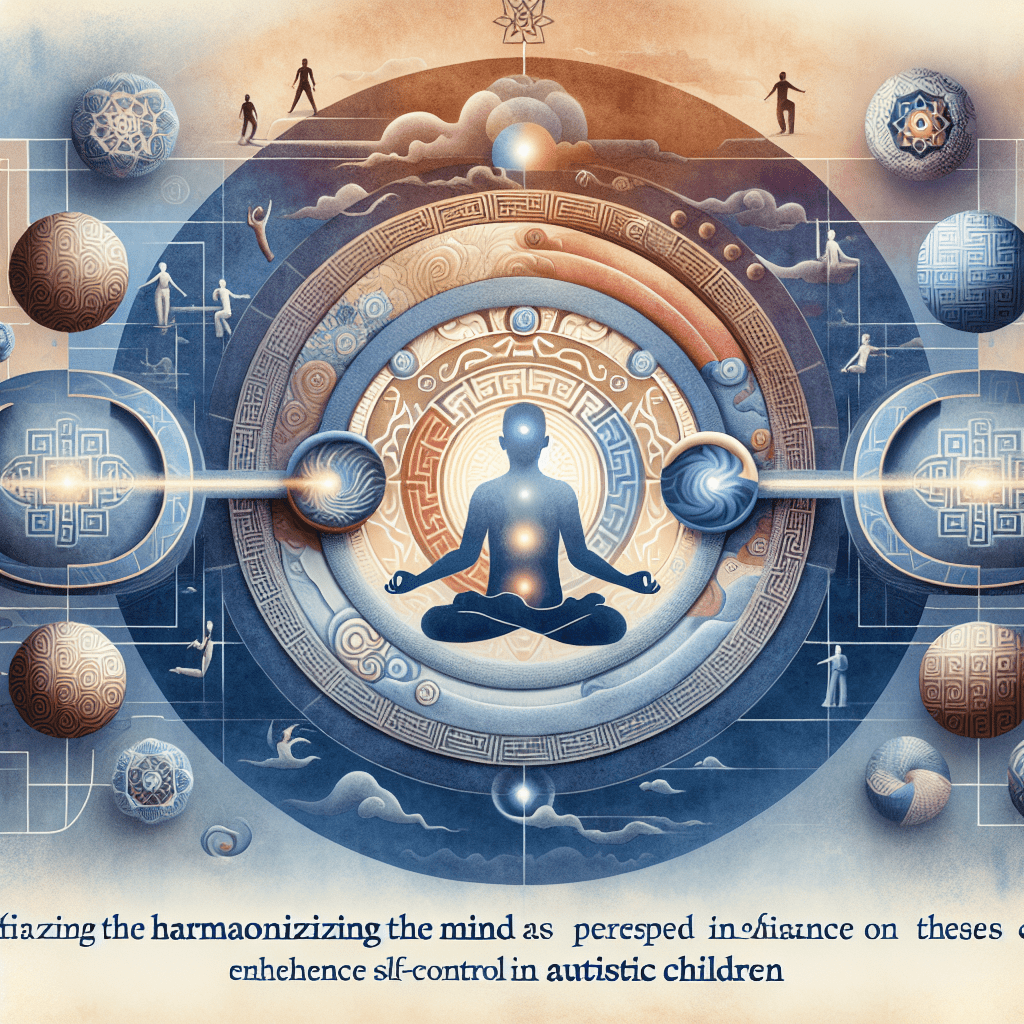
Harmonizing the Mind: How Ancient Chinese Exercises Enhance Self-Control in Autistic Children
— Introduction: The Ancient Key to Modern Challenges Imagine finding a solution to one of modern life’s most complex challenges in the quiet wisdom of an ancient practice. For many parents and caregivers of children with autism spectrum disorders (ASD), managing their child’s self-control can be an ongoing battle, characterized by frequent temper outbursts and […]
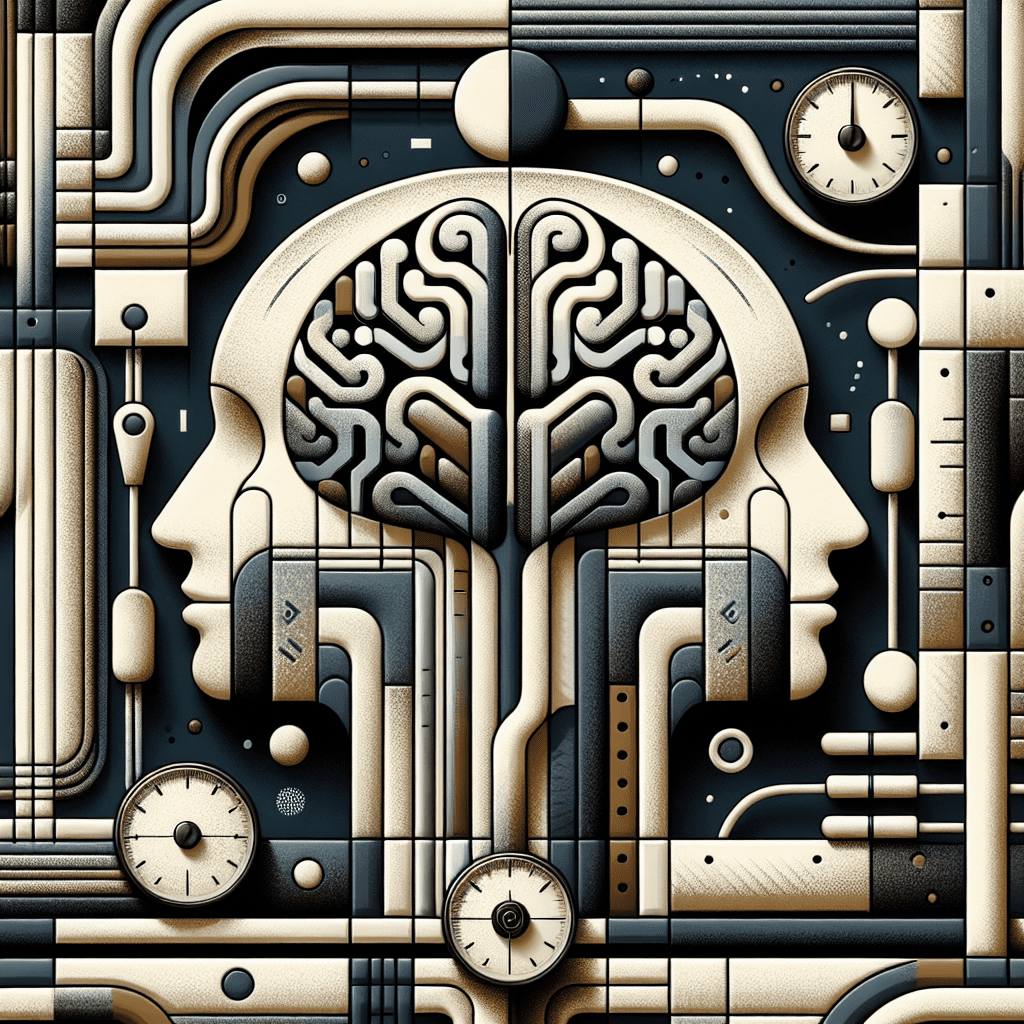
Decoding Stress: The Bifactor Model’s Insights into Acute Stress Responses
Introduction: Understanding Stress Beyond Fight or Flight Imagine you’re unexpectedly thrust into a life-or-death situation—perhaps a natural disaster—where the immediate threat is palpable, and your heart races, muscles tense, and mind struggles to focus. This is a classic portrayal of acute stress, a natural, immediate reaction to danger. But what if we could scientifically dissect […]

Unearthing the Link Between Sleep and Emotional Memory in Children with ADHD**
Introduction Imagine waking up with your mind feeling like it has been recharged overnight, ready to take on the world with fresh memories and a clear emotional perspective. While many of us might see this as a normal start to the day, for children with Attention-Deficit Hyperactivity Disorder (ADHD), this experience can be quite different. […]

Predicting Tomorrow: How the Young Mind Reveals Its Future Through Words
— Introduction: The Mind’s Journey Starts Early Imagine being able to predict a child’s future abilities just by listening to their babbling at the age of two. In a world where early intervention can significantly alter developmental paths, this possibility seems tantalizing. The ability to foresee developmental trajectories could open doors to more personalized and […]
